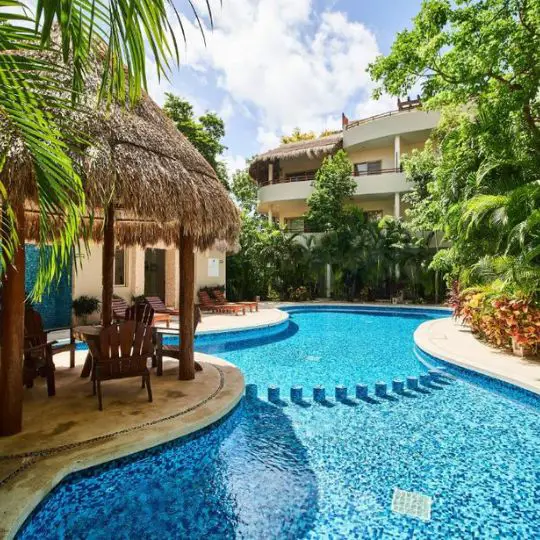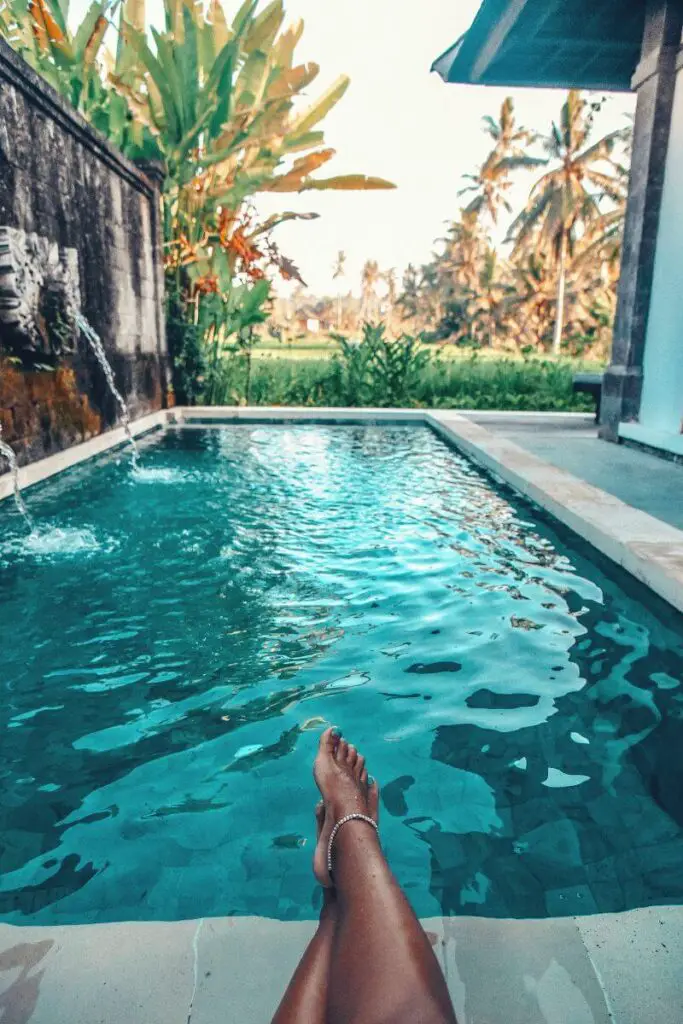What the New Laws Mean for Riviera Maya Vacation Rentals
Table of Contents
Changes are underway for short-term rentals in the Mexican Caribbean, and both hosts and guests need to pay attention. A recent update to Quintana Roo’s Tourism Law introduces new regulations for platforms such as Airbnb, Booking.com, and HomeToGo.
It is crutial that you understand the Airbnb rules in Quintana Roo and specifically in your municipality. With this reform, municipalities now have the authority to decide whether to permit or prohibit these platforms locally, marking a significant shift in how vacation rentals will be managed across the state.

A New Legal Framework for Short-Term Rentals
At the core of the new framework is the requirement that all lodging providers register with the State Tourism Registry (RETUR-Q), a system that already includes more than 300 companies in the sector. This measure is designed to ensure greater oversight, accountability, and tax compliance.
Failure to register or meet the new obligations could result in penalties of up to 100,000 pesos. The State Secretariat of Tourism has also coordinated with Quintana Roo’s Tax Administration Service to guarantee that digital platforms and their hosts fulfill their tax responsibilities.
Municipalities Gain Decision-Making Power
One of the most notable elements of the reform is the margin of discretion it gives to municipalities. Local governments will now have the power to determine whether short-term rental platforms can operate within their jurisdictions. This means that regulations may vary from one destination to another.
Playa del Carmen’s approach may differ from that of Tulum or Cancun. For hosts, this creates an urgent need to understand not just state-level obligations but also the decisions being made by their individual municipalities.
The Economic Weight of Vacation Rentals in Quintana Roo
The economic implications are significant. According to the Secretariat of Tourism, Quintana Roo currently has 24,893 rental units operating through short-term lodging platforms, with an average guest stay of 3.5 days. Playa del Carmen (including Puerto Aventuras) leads with 7,922 units, followed by Benito Juarez (Cancun) with 6,724 and Tulum (including Akumal) with 5,458.
Any changes to how municipalities regulate these platforms will affect not only thousands of hosts but also the wider tourism industry that depends on these visitors.

Stricter Enforcement on the Horizon
For years, many listings across the state operated outside formal oversight; in destinations like Tulum, only a fraction of the thousands of active Airbnb properties were officially licensed. With these new Airbnb rules in Quintana Roo, non-compliance will carry much higher risks.
Officials argue that these measures are not only about better organizing the sector but also about addressing broader concerns such as the prevention of human trafficking and child exploitation within tourist facilities.
What Does This Mean for Hosts?
For hosts, the message is clear: register with RETUR-Q, secure the necessary permits, stay compliant with local tax obligations, and closely monitor municipal decisions. Guests, too, should be mindful of these changes. Booking accommodations that are registered and compliant will provide greater peace of mind and protect against the risk of sudden cancellations or legal disputes.
Quintana Roo’s updated Tourism Law represents one of the most advanced frameworks of its kind in Mexico. For Puerto Aventuras residents and property owners, the coming months will be critical, as municipalities begin implementing their own rules within the 90-day period established for full compliance.
A Turning Point for Riviera Maya Rentals
The short-term rental market in Quintana Roo has grown into a major player in the region’s economy, and these new regulations mark a turning point. For those who depend on platforms like Airbnb, whether as hosts or as travelers.
The key will be to stay informed about the new Airbnb rules in Quintana Roo, stay compliant, and be prepared for changes that may reshape the landscape of vacation rentals in the Mexican Caribbean.


1 thought on “Airbnb Rules in Quintana Roo Changing in 2025”